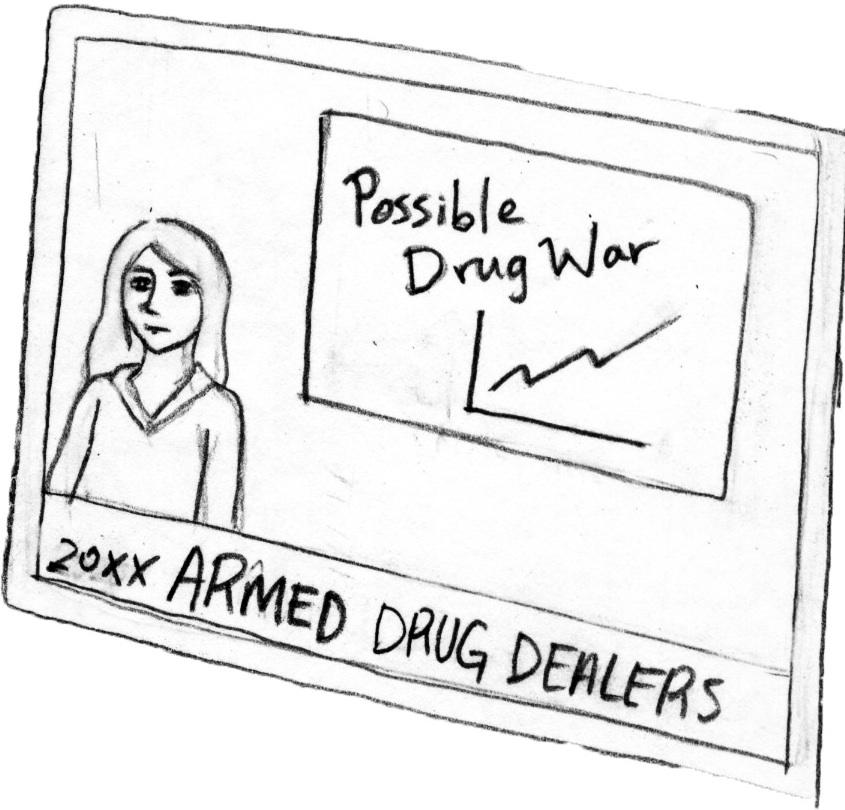After Operation Fast and Furious, a government mission designed to implicate Mexican criminal organizations through distributing and tracking trafficked firearms, resulted in failure, many government officials have found their jobs in danger.
The House Committee on Oversight and Government Reform began to hold hearings in June and July 2011. It was determined that Operation Fast and Furious had contributed to increasing violence and deaths along the Mexican border.
U.S. Attorney General Eric Holder will testify before the House Committee on Oversight and Government Reform Feb. 2 concerning “management deficiencies” in the Department of Justice’s handling of Mexican gun trafficking operations. In May 2011, Holder testified before Congress that he only learned about the operation a few weeks prior to the hearing. However, according to Department of Justice documents, Holder knew about the gunwalking sting operations since April 2009 and supplied more agents to support it. After one operation ended with the death of a U.S. Border Patrol Agent, many Republican senators feel that Holder is responsible for this problem and call for his resignation and possible prosecution.
“The fact that the released weapons were responsible for the death of a Border Patrol Agent on American soil is unacceptable,” junior Mukund Subramanian said. “Despite the intent of the project, the methods of achieving the project’s goals were horrendously poor, and I personally believe Eric Holder ought to be convicted as a criminal.”
In response, Holder, a Democrat, continues to fight against calls for his resignation led by Republican senators. Holder called their accusations irresponsible and labeled the investigation nothing more than party politics, with Republicans hoping to gain a victory against Democratic officials. Though he said that operations similar to Fast and Furious must “never happen again,” he denies any wrongdoing on his part.
“Holder’s right that party politics play a role, but that’s utterly predictable,” government teacher Dave Sonius said. “Most congressional investigations of alleged executive branch wrongdoings are somehow politically motivated, and he can’t be surprised that Republicans are trying to make political hay.”
Holder’s upcoming testimony will answer many questions regarding the gun trafficking operations as well as Holder himself. As calls for his resignation grow stronger, it is uncertain how Operation Fast and Furious will affect his position and job stability as the trial proceeds.
“I don’t think this hurts Obama politically in the upcoming election, but it could turn into him asking Holder to resign from office,” Sonius said. “Its political fallout will be interesting to see.”
Operation Fast and Furious took place from 2006 to 2011, in which the ATF conducted a number of “gun walking” sting operations to control the trafficking of illegal firearms into Mexico. In the plan in question, the U.S. government facilitated the sale of over 2,000 guns, knowing that many of them would be sold to Mexican criminals. The ATF planned to then build a case against Mexican drug cartels using their possession of illegally trafficked firearms as evidence. However, complications arose when operation supervisors decided not to immediately arrest gun buyers.
“It would have been a good plan if they actually had their act together,” junior Danny Boland said. “Now it’s just causing a lot of problems.”
Opposition to Fast and Furious reached its peak Dec. 14, 2010 when U.S. Border Patrol agent Brian Terry was killed while patrolling Peck Canyon, Arizona, 11 miles from the border. Two AK-47 assault rifles were found beside him, both traced back to Operation Fast and Furious. This marked the end of Fast and Furious. Of the 2,000 firearms that were initially released by the ATF, only 600 had been recovered by October 2011 while no high-level drug cartel figures have been arrested.
“They probably should have been better prepared with the plan,” freshman Alexis Corrigan said. “It’s almost expected that something bad like this could happen.” #











